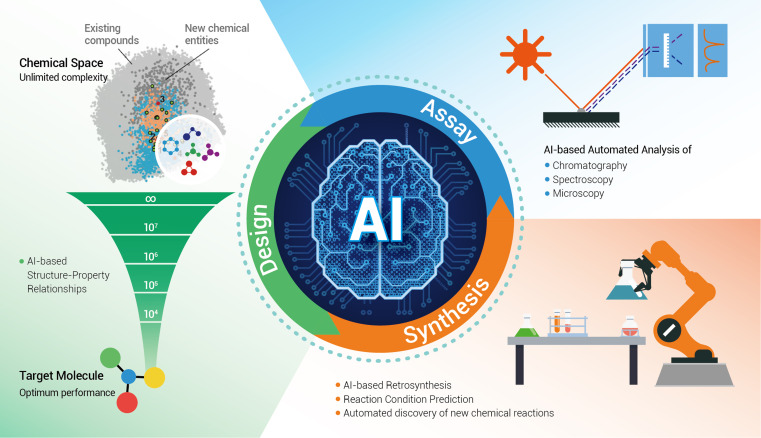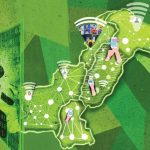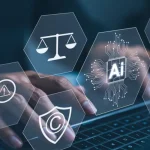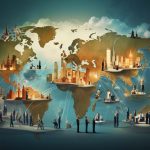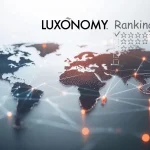The Convergence of Fame, Technology, and Power
The digital age has rewritten the rules of influence. Today, the lines between celebrity fame, political messaging, and technological innovation are blurring. Celebrities have become political voices, governments are turning to technology for communication and control, and artificial intelligence has emerged as the invisible architect behind public perception. The result is a world where algorithms, fame, and authority intertwine to define reality itself.
- The Convergence of Fame, Technology, and Power
- The Age of Digital Influence
- Governments and AI-Driven Narratives
- The Celebrity-Tech Partnership in Politics
- The Role of Artificial Intelligence in Modern Media
- The Global Struggle for Digital Trust
- The Rise of Digital Humanitarianism
- The Next Frontier: Virtual Fame and Digital Politics
- FAQs
- Conclusion
Social platforms are the new political stages, where actors, musicians, and influencers shape opinions alongside presidents and diplomats. Every tweet, video, or AI-generated post has the power to shift markets, ignite protests, or even influence elections. The rise of this interconnected power structure is transforming how information flows and how truth is perceived in the modern era.
The Age of Digital Influence
In the past, media networks were the gatekeepers of public opinion. Today, that control has shifted to individuals with millions of followers and access to powerful digital tools. Celebrities use their platforms not only to promote brands but also to influence policies and raise awareness on issues like climate change, human rights, and artificial intelligence ethics.
Tech-driven fame has made influence more immediate and more volatile. Algorithms determine visibility, making digital popularity as crucial as credibility. The ability to trend on social media now often carries more weight than a political statement from traditional media outlets. This has created a culture where information travels faster than fact-checking, amplifying both truth and manipulation.
Governments and AI-Driven Narratives
Governments across the world are increasingly relying on artificial intelligence to shape narratives and analyze public sentiment. AI tools monitor online conversations, track opinions, and predict how the public will react to political decisions. This real-time feedback allows leaders to tailor messages that resonate emotionally and strategically.
However, this power comes with risk. The same algorithms that measure opinion can also manipulate it. Several countries have faced criticism for using digital campaigns and AI bots to spread propaganda or silence dissent. The thin line between communication and control is fading, raising urgent ethical questions about democracy and digital rights.
Meanwhile, progressive governments are using AI for positive transformation—enhancing transparency, fighting misinformation, and improving citizen engagement. Digital governance platforms powered by machine learning are helping citizens access services more efficiently while ensuring accountability in public institutions.
The Celebrity-Tech Partnership in Politics
In recent years, celebrities have become pivotal in shaping political conversations. When a famous actor, musician, or athlete speaks about policy or justice, millions listen. Political movements are now amplified by celebrity activism—turning personal platforms into instruments of social change.
Tech companies have noticed this shift and are increasingly partnering with influential figures to promote responsible technology use. From awareness campaigns on cybersecurity to collaborations for AI education, these partnerships have global reach.
However, the relationship between fame and politics can also be polarizing. Celebrities who engage in political discourse often face backlash, particularly when their opinions conflict with public expectations. Still, in the age of digital democracy, silence can be more damaging than controversy.
The Role of Artificial Intelligence in Modern Media
AI is not only shaping political and social discussions—it is transforming how media itself is created. News outlets use AI to write reports, predict trending stories, and detect misinformation. Deep learning algorithms can generate video content, simulate human voices, and even clone appearances.
While this innovation accelerates news production, it also challenges authenticity. Deepfakes, AI-generated images, and synthetic videos blur the line between reality and illusion. This has major implications for both celebrity culture and global politics. A single fake clip can destroy reputations or incite conflict.
As AI-generated content becomes more realistic, society must adapt. Media literacy is now essential for recognizing truth in a digital sea of simulation. The ability to verify information will define the integrity of journalism in the AI era.
The Global Struggle for Digital Trust
The combination of political algorithms and celebrity-driven narratives has created an environment where truth is negotiated rather than known. The global struggle for digital trust is becoming one of the defining challenges of the century.
Fake news, misinformation, and deepfake technology are undermining institutions and eroding confidence in media. Governments are responding with new laws, and social platforms are developing AI tools to detect false content. But as technology evolves, deception becomes more sophisticated.
Trust in the digital age requires transparency, accountability, and education. Technology companies, celebrities, and policymakers must collaborate to establish digital ethics that protect both freedom of expression and truth.
The Rise of Digital Humanitarianism
In contrast to manipulation and misinformation, some celebrities and innovators are using technology to create real change. Digital humanitarianism—using tech tools for global welfare—has become a powerful trend.
Stars like Leonardo DiCaprio advocate for environmental innovation through sustainable tech. Tech moguls like Elon Musk and Bill Gates invest in clean energy, while global influencers promote mental health and social equality through digital platforms.
The intersection of celebrity and technology can amplify positive change faster than traditional institutions ever could. Through social media and AI-driven engagement, voices for justice, sustainability, and equality can reach billions.
The Next Frontier: Virtual Fame and Digital Politics
The next chapter in the evolution of influence is unfolding within virtual worlds. The metaverse, virtual influencers, and AI-generated personalities are redefining what it means to be famous or powerful.
Virtual celebrities—created entirely by algorithms—already attract sponsorships and political partnerships. Governments are exploring digital environments for civic engagement and education, blurring the boundary between virtual and real governance.
In this landscape, authenticity becomes the ultimate currency. As artificial personalities dominate the digital stage, audiences will seek transparency and human connection more than ever before.
FAQs
How are governments using AI for communication?
Governments use AI to monitor public sentiment, manage crisis communication, and improve citizen services. However, misuse for propaganda remains a concern.
Can celebrities influence political policies through technology?
Yes, celebrity platforms reach millions, often pressuring policymakers or mobilizing voters through online campaigns.
What are deepfakes and why are they dangerous?
Deepfakes are AI-generated fake videos or images that mimic real people. They pose serious risks to politics, media, and personal reputations.
Is AI good or bad for democracy?
AI can enhance democratic engagement when used ethically but can undermine it if deployed for manipulation or censorship.
What role does social media play in shaping truth?
Social media acts as both an amplifier and filter of truth. It democratizes voices but also spreads misinformation at record speed.
Conclusion
The fusion of technology, politics, and celebrity influence defines the modern information age. Power no longer resides only in government offices or boardrooms—it now thrives in algorithms, social networks, and the hands of digital creators.
As artificial intelligence reshapes communication and fame becomes a political force, society faces a defining choice: whether to allow technology to divide or unite. The future depends on how responsibly this power is used. With transparency, accountability, and ethical innovation, humanity can harness AI and influence not to manipulate reality, but to elevate it.

